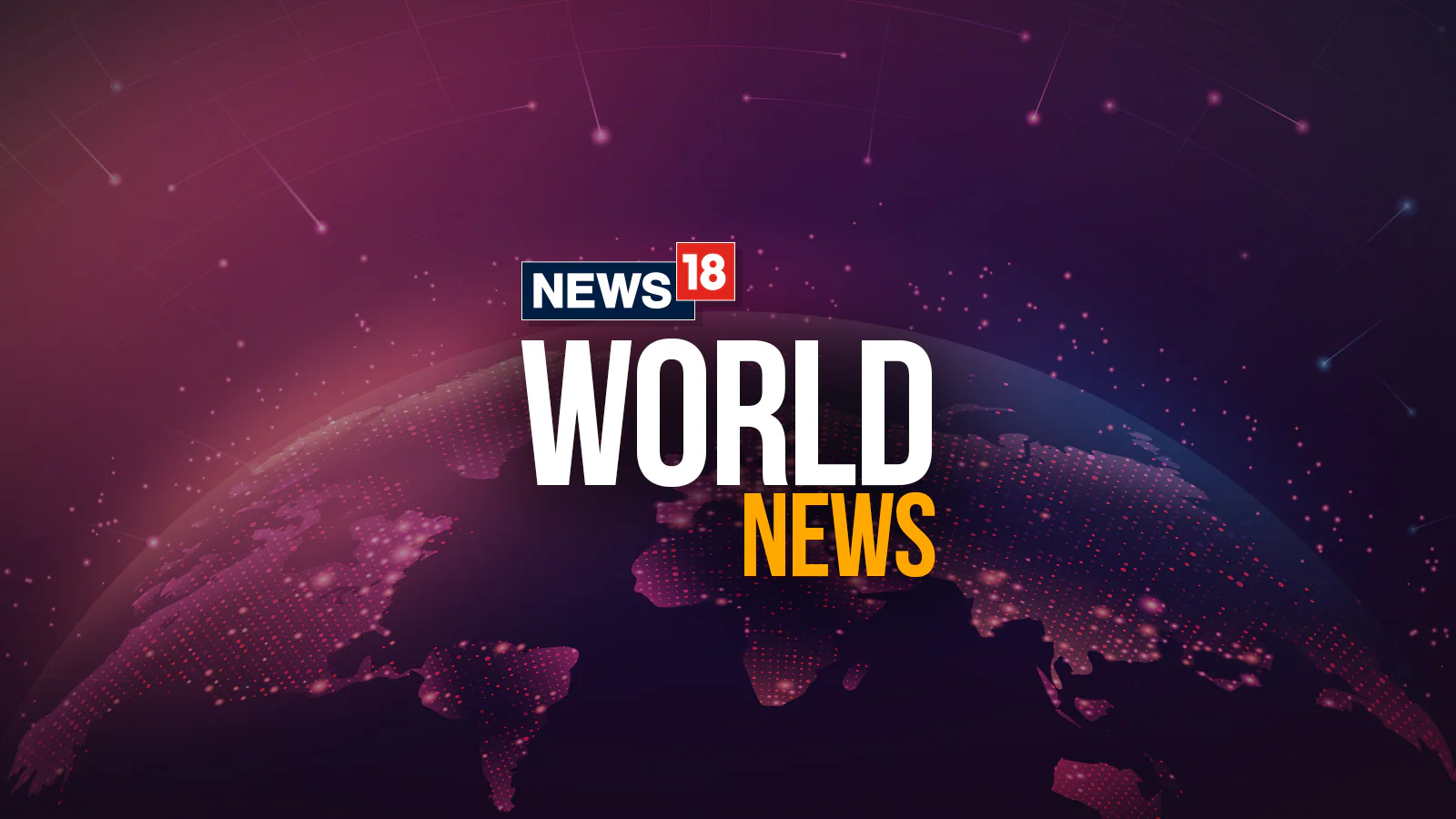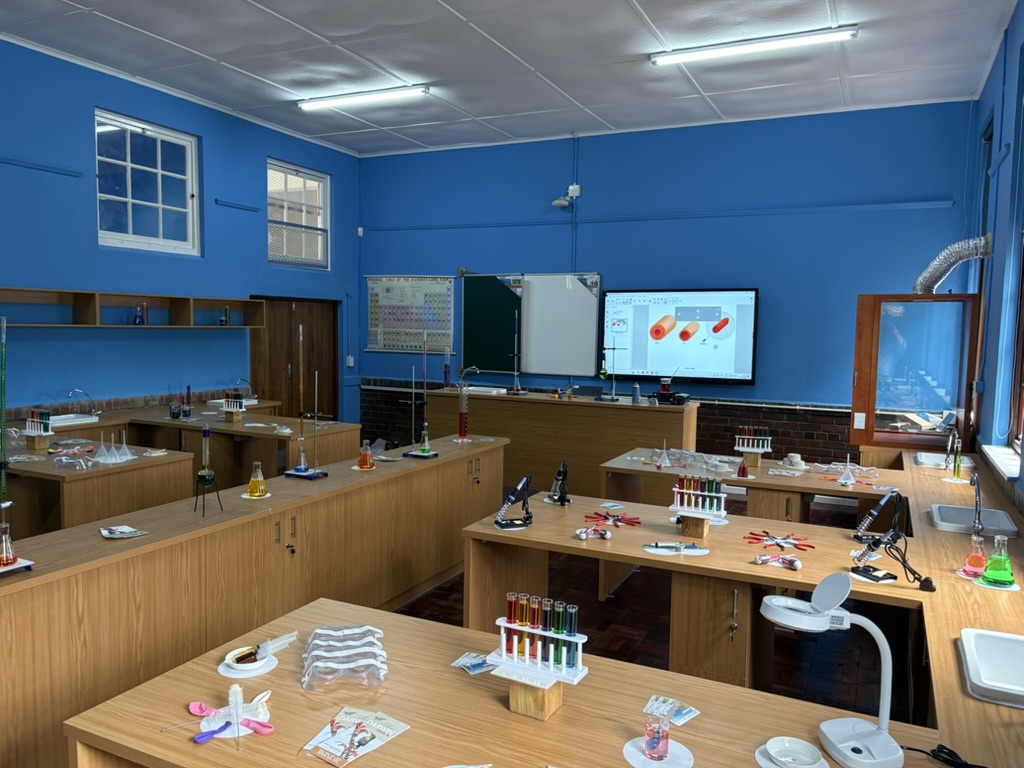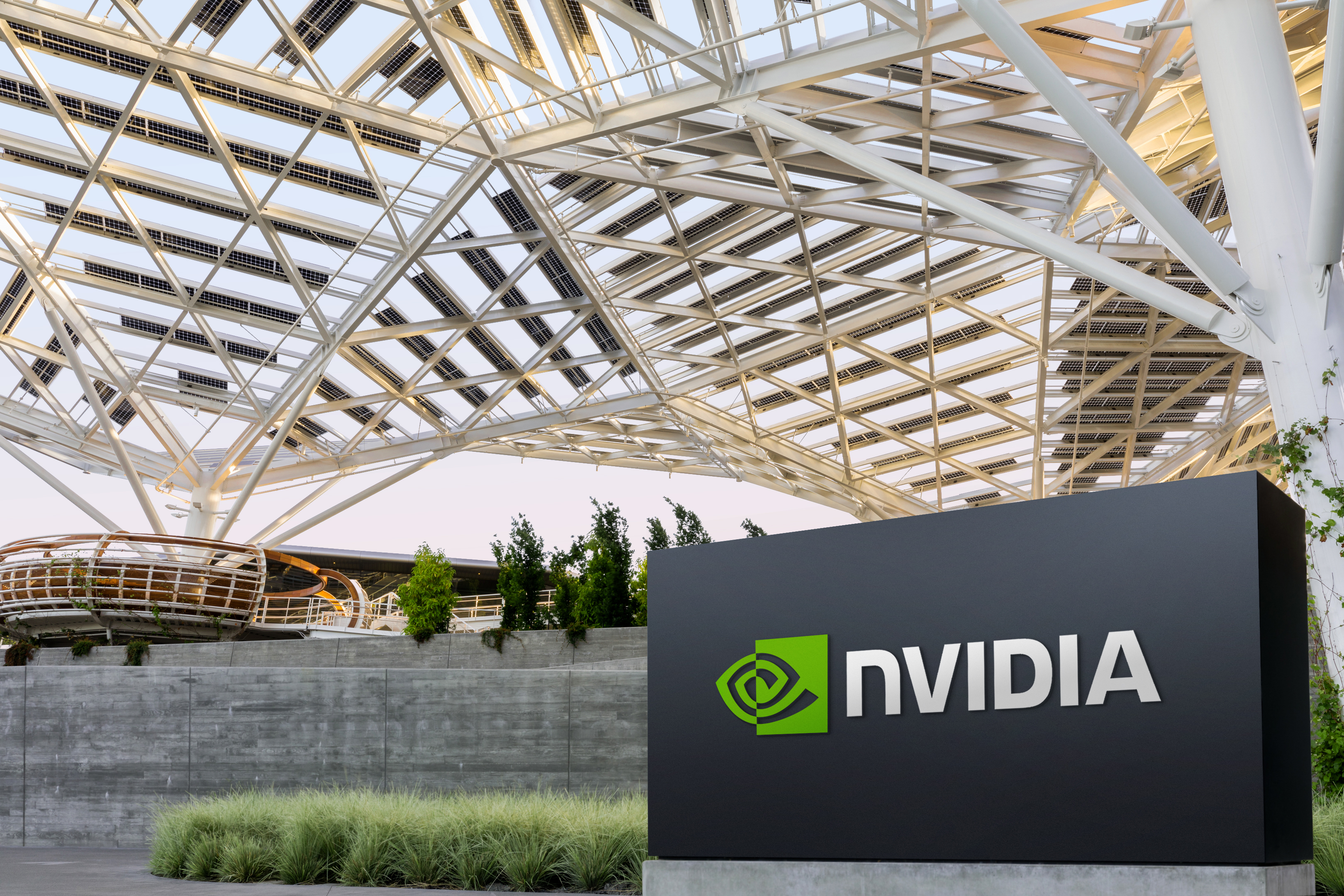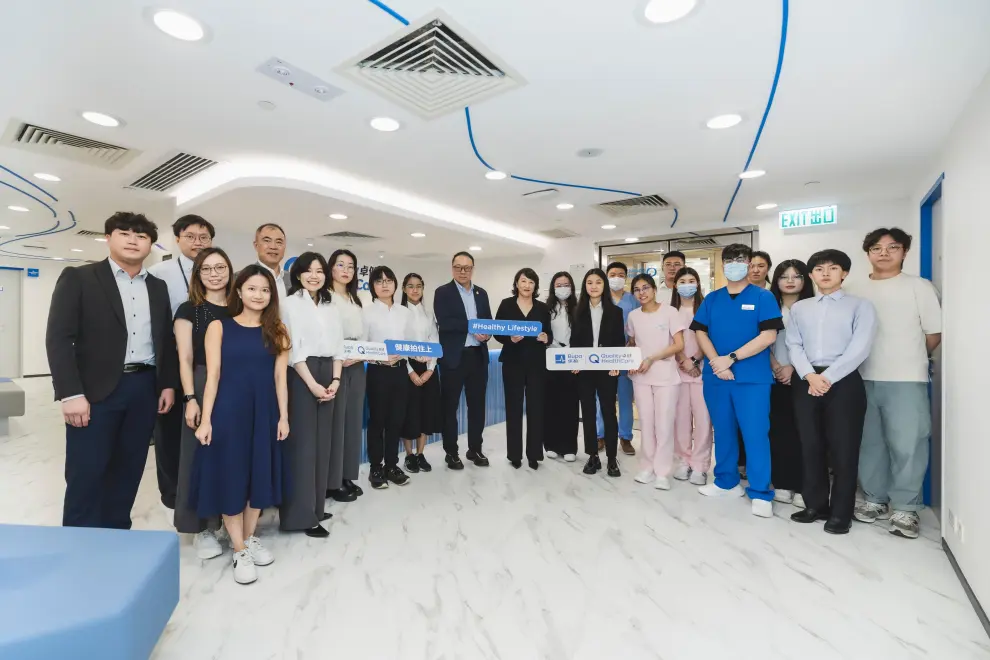Copyright thehindu

Prime Minister Narendra Modi on Saturday (November 8, 2025) said that when justice is accessible to all, delivered in a timely manner, and reaches every individual regardless of their social or financial background, then it truly becomes the foundation of social justice. The Prime Minister was speaking at the inauguration of the national conference on “Strengthening Legal Aid Delivery Mechanisms” at the Supreme Court of India. He emphasised on the importance of legal awareness and added that a poor individual cannot access justice until they are aware of their rights, understand the law, and overcome fear of the system’s complexity. Emphasising that legal aid plays a crucial role in ensuring accessibility to justice, Mr. Modi highlighted how legal services authorities act as a bridge between the judiciary and the common citizen at every nook and corner of the society. He also expressed satisfaction that through Lok Adalats and pre-litigation settlements, lakhs of disputes are being resolved swiftly, amicably, and at low cost. The PM said nearly eight lakh criminal cases have been resolved in just three years under the Legal Aid Defence Counsel System initiated by the Government of India. He also claimed that such efforts ensured ease of justice for the poor, the oppressed, the deprived, and the marginalised across the country. Also read | Opinion: Limits of simplification Mr. Modi also highlighted that more than 40,000 unnecessary compliances for businesses have been removed, over 3,400 legal provisions have been decriminalised through Jan Vishwas Act and more than 1,500 obsolete laws have been repealed. “Long-standing laws have now been replaced with the Bharatiya Nyaya Sanhita,” he said. The PM also hailed National Legal Services Authority (NALSA), which, in three decades of its service, has worked to connect the judiciary with the country’s underprivileged citizens. He observed that those who approach legal services authorities often lack resources, representation, and at times, even hope. Highlighting the importance of language in justice, Mr. Modi said that justice must be delivered in a language that is understood by the recipient. He said this principle must be considered at the time of drafting laws. When people comprehend the law in their own language, it leads to better compliance and reduces litigation. He stressed the need for judgments and legal documents to be made available in local languages and praised Supreme Court’s initiative to translate over 80,000 judgments into 18 Indian languages. He expressed full confidence that this effort will continue at the High Courts and district courts as well. The event was also attended by Union Law and Justice Minister Arjun Ram Meghwal and Chief Justice of India B.R. Gavai. Speaking at the event, Justice Gavai emphasised the need for legal aid to be pro-active. “We must keep envisioning legal aid not as a reactive system but as a living movement. We must not wait for distress to knock on our doors... The strength of a just society lies in our ability to foresee where injustice may arise and to reach there before it does,” Chief Justice Gavai said. NALSA Chairman and Chief Justice of India-designate Justice Surya Kant said legal aid must be made more accessible through a humane approach. “Legal help must be made easier to obtain. That demands both administrative reforms and humane practice. Technology does offer real opportunities like remote clinics, online conciliations, and digital complaint portals; but technology alone will not suffice. It must be guided by local knowledge, linguistic accessibility, and human empathy,” Justice Kant said.



